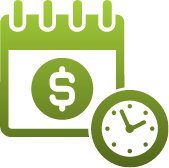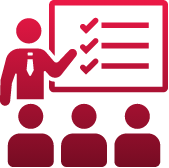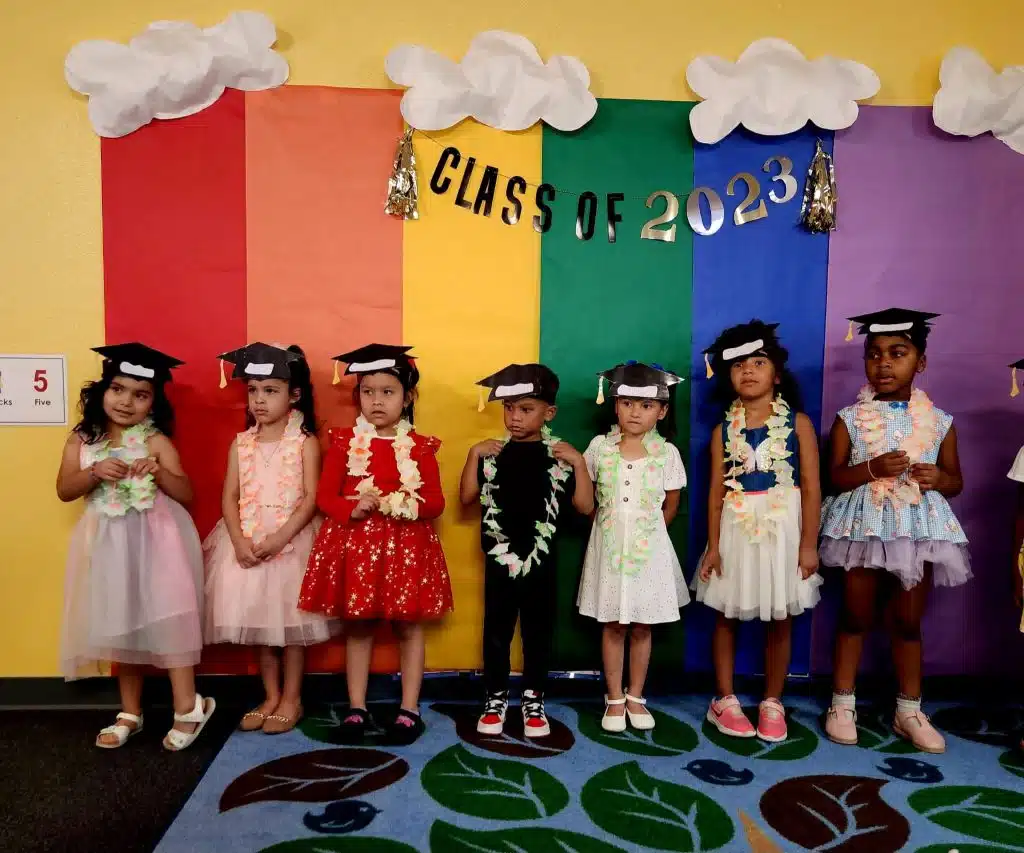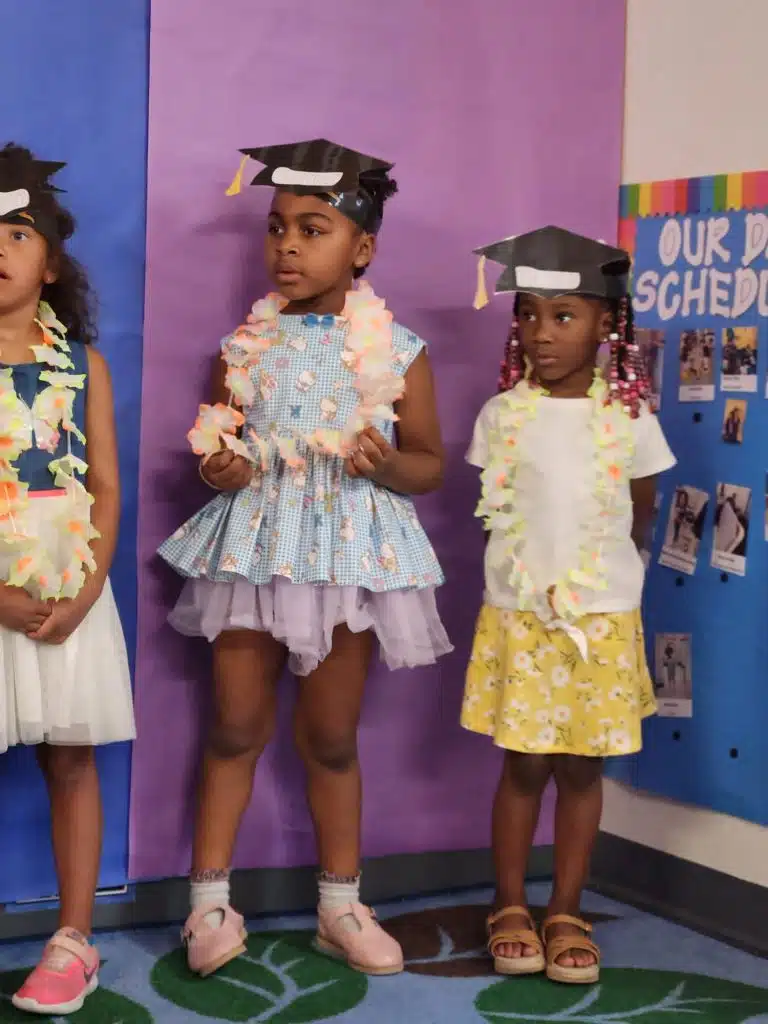Early Head Start Jobs
BENEFITS OF EARLY HEAD
START JOBS
Sunrise Children’s Foundation is committed to attracting and retaining top early head start staff.
One way we support this goal is to offer a comprehensive benefits package to our employees.

Health Insurance

Paid Holidays

Paid Time Off (PTO)

Life & Supplemental Insurance

Retirement

Career Development
Unlock Your Potential With Early Head Start Jobs
If you are looking for a rewarding career, want to make a direct impact in the community you serve, and have a passion for working with children, then a career in Head Start may be for you.
Head Start, also known as early childhood education, can be a rewarding career for individuals who have a knack for working with children and an interest in learning about the science of childhood brain development.
At Sunrise Children’s Foundation, we take pride in helping students, career switchers, and those already in the education field find rewarding positions working with children, one of our population’s most vulnerable age groups.


What Is a Head Start Career?
Head Start is a program developed by the U.S. Department of Health and Human Services. It is committed to providing comprehensive early childhood education to children aged 2 to 5. This program takes a holistic approach to childhood development, catering to the health, nutrition, and developmental needs of young children. Families who fall into low-income households are also provided with additional support through a range of community involvement services.
A Head Start career involves any role that works within the Head Start program. Most individuals pursuing a Head Start career will be looking for a lead teacher role as a preschool teacher.
Individuals can also become Head Start teacher’s assistants. These assistants work alongside the teacher, helping to support an inclusive, welcoming, and educationally stimulating environment.
When you pursue a Head Start lead teacher position, you’ll find that there are a range of other positions you can explore. For example, individuals with a background in Head Start can go on to explore other roles, including:
- Administrative roles
- Director roles
- Community or family liaison roles
Who Should Pursue an Early Childhood Education Career?
Many will tell you that individuals who pursue a career in early childhood education are a special breed of people. Head Start educators possess specific skills that allow them to have a profound impact on the children and families they serve. Below are just some of the skills that early childhood educators should have or are interested in developing:
- Patience and passion: A great deal of patience is required to work with young children, families, and other stakeholders in the school community. Along with the virtue of patience, educators should naturally have a passion for working with children — in this case, young children.
- Organization and time management: All educators should have a sense of organization
- Collaborative: Giving a child the best start in life requires a great deal of collaboration. This collaboration happens between other educators, families, and professionals in the field.
- Communication: Much of the work of an early childhood educator is learning how to communicate with all stakeholders. Many professionals already in the field will tell you that their teacher preparatory classes provided great insight into how to improve this aspect of their skill set.
Is Head Start a Federal Job?
Head Start is a federal program that promotes school readiness for children aged birth to 5. Though the agency administering Head Start policies is an arm of the federal government, Head Start workers are not considered federal employees.
Head Start is a federal program that promotes the school readiness of children from birth to 5 from low-income families by enhancing their cognitive, social, and emotional development. Learn more with these early childhood education resources.
What Are the Benefits of a Head Start Career?
Pursuing a career in early childhood education is rewarding in many ways. You’ll have the opportunity to connect with children and their families. You’ll also gain critical skills that can help you pursue other opportunities within the realm of education. Let’s take a closer look at the benefits of early childhood education jobs.
Working With Children in Your Community
As a Head Start educator, you’ll have the opportunity to work with children in your community and make a direct impact on the lives of families that you live and work amongst.
Helping Kids Get a Strong Start to Life
Research shows that children who have access to early childhood education can build critical skills that will serve them in their adolescent, teenage, and adult years. Early childhood education can have a profound impact on a child’s life, and you’ll be at the forefront of that impact.
Understanding Child Development
When you pursue an early childhood education, you’ll develop a sound understanding of child development, equipping you with the ability to understand how to best meet the needs of young children.
Do I Need a Degree To Get a Head Start Job?
Many different roles fall under the umbrella of a Head Start job. For example, there are administrative roles, teacher assistant roles, and of course, lead preschool teacher roles.
Depending on your skills, prior experience, and education level, you may or may not need a degree to pursue career opportunities in early childhood education.
How Do I Become a Head Start Educator?
To pursue a job as a licensed Head Start teacher, you will need to meet the requirements set forward by the state you wish to work in.

Early Head Start Qualifications
First, you’ll need to complete an approved educator preparation program in early childhood education. You should enroll in an early Head Start program offered by an accredited university and satisfy the requirements of the state you want to work in.
Next, you’ll need to study for and pass the required Praxis Exams. For Head Start, the primary exam is the Praxis Core Academic Skills for Educators. Depending on the career you want to pursue, there may be additional exams you will need to pass. For example, individuals who want to work in director roles will need to get additional certification.
After completing your program, you’ll need to apply for your initial teaching license in the state you want to work in. When you obtain your license, you will be allowed to pursue a Head Start job. It’s important to note that you will need to keep up with training and professional development so you can recertify later on to keep your teaching license active. Head Start qualifications can vary from state to state so always stay updated on the latest changes.
Learn more about starting your career with our early childhood education career FAQ.

